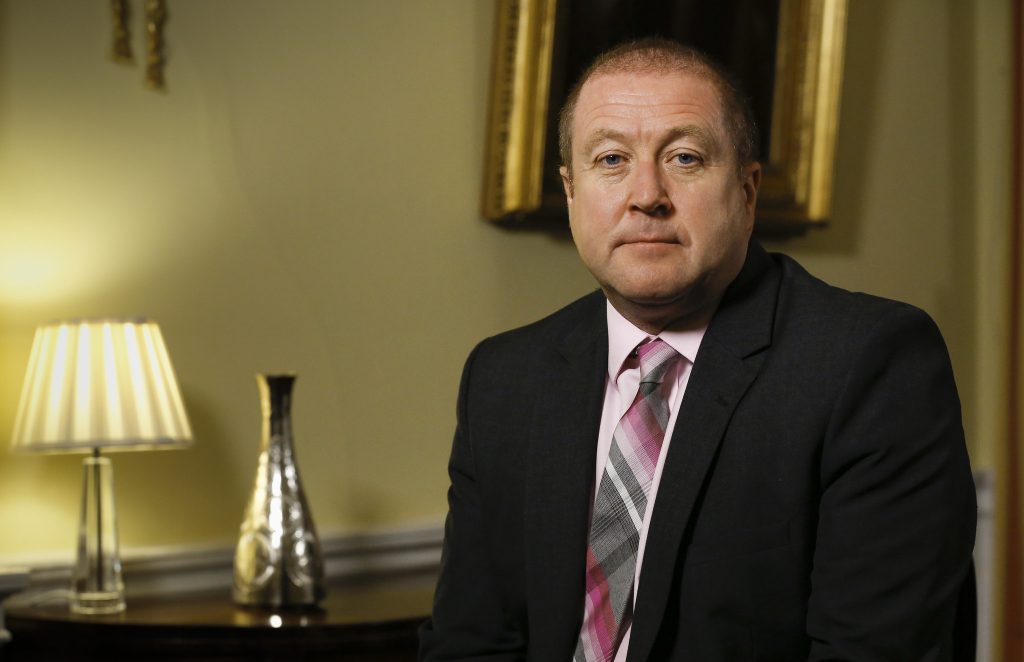Redoubling Focus After Recess
The Scottish Parliament resumes in a few days’ time.
Speaking personally, this year’s summer recess has been productive, informative and the kind of battery recharge I haven’t experienced since 2017.
Free from the demands of ministerial responsibility, after stepping back from government in January, this summer has afforded me more time than usual to catch up with local organisations and, yes, some rest and recuperation.
What is clear from those catch-ups, and the surgeries I’ve been holding across Angus South, is that there will be much for MSPs to focus on when we get back to Edinburgh at the beginning of next month.
Top of the list will be the cost-of-living crisis, which continues to develop apace. That is not just the spiralling cost of energy, but the rapid increase in food prices as well.
We need to not only ramp up the pressure on the UK Government to more fully address the former, but to look afresh at what can be done here on the ground – by government at all levels – to mitigate the impacts of a situation that is being keenly felt by too many of our citizens.
The twin evils of rapidly increasing energy costs and the now undeniable negative consequences of Brexit are really starting to bite. And the forecasts around energy prices and inflation make for scary reading.
Significant action is needed to address the immoral contradiction of energy companies making huge profits whilst passing on massive price hikes to customers.
All of this, mixed in with the fact that we are still in the recovery phase from a global pandemic, makes for a very challenging set of circumstances. But we must rise to those challenges in the most effective way we can.
That is why it was so important that, despite the Scottish Parliament being in recess, the First Minister convened a special meeting of her Cabinet to review the effectiveness of measures being implemented by the Scottish Government, and to consider what more could be done to help alleviate the pressures on household budgets.
Compare and contrast that action with the UK Government – which controls most of the levers that could be used to tackle this crisis, but which has gone into abeyance whilst the Conservative leadership contest plays out.
The Scottish Government’s provision of an extra £140 million for local government to help fund a fair pay rise for staff was a commendable move. Reprehensible, however, was the fact that the initial response of councils controlled by opposition parties was to block the tabling of a 5% increase by COSLA.
This is no time for playing games. Local authorities need to follow the Scottish Government’s lead in looking at what they can realistically do to ease the financial pressure on the people they employ and provide services for.
Money is tight at both a local and national level. But we need to be actively considering both the effectiveness of existing support measures and whether there is more that can be done.

